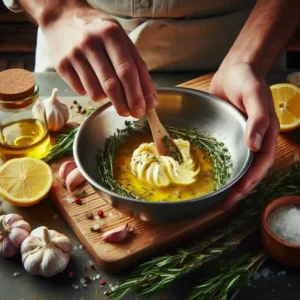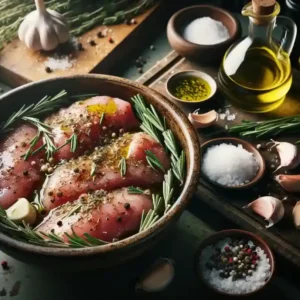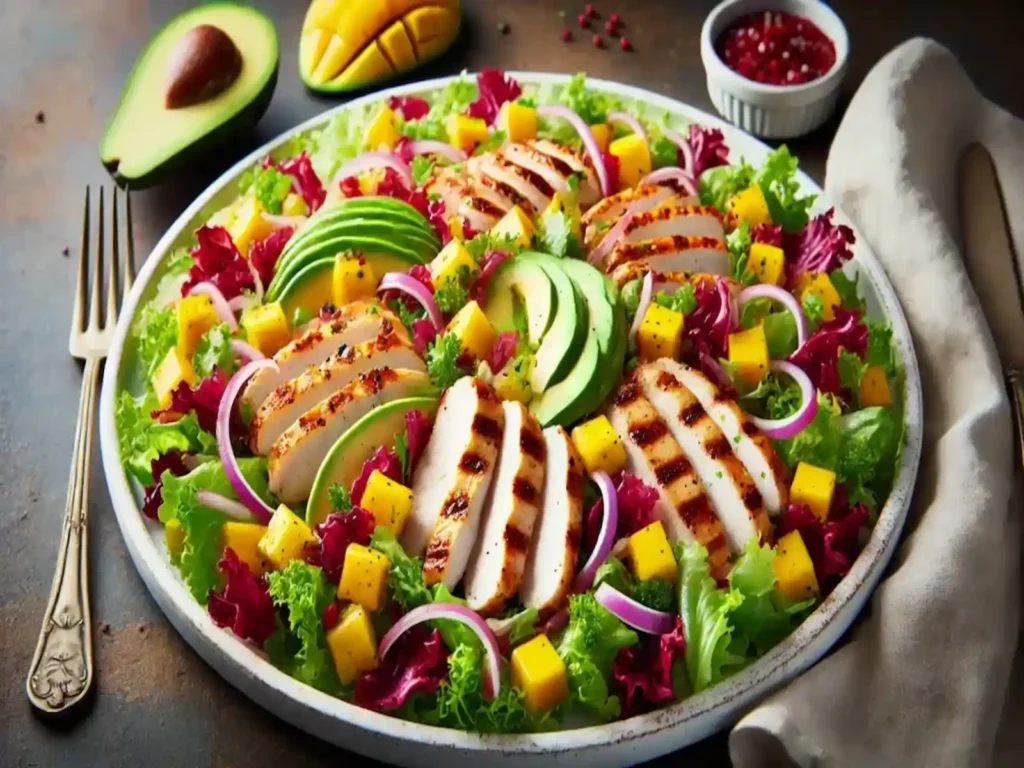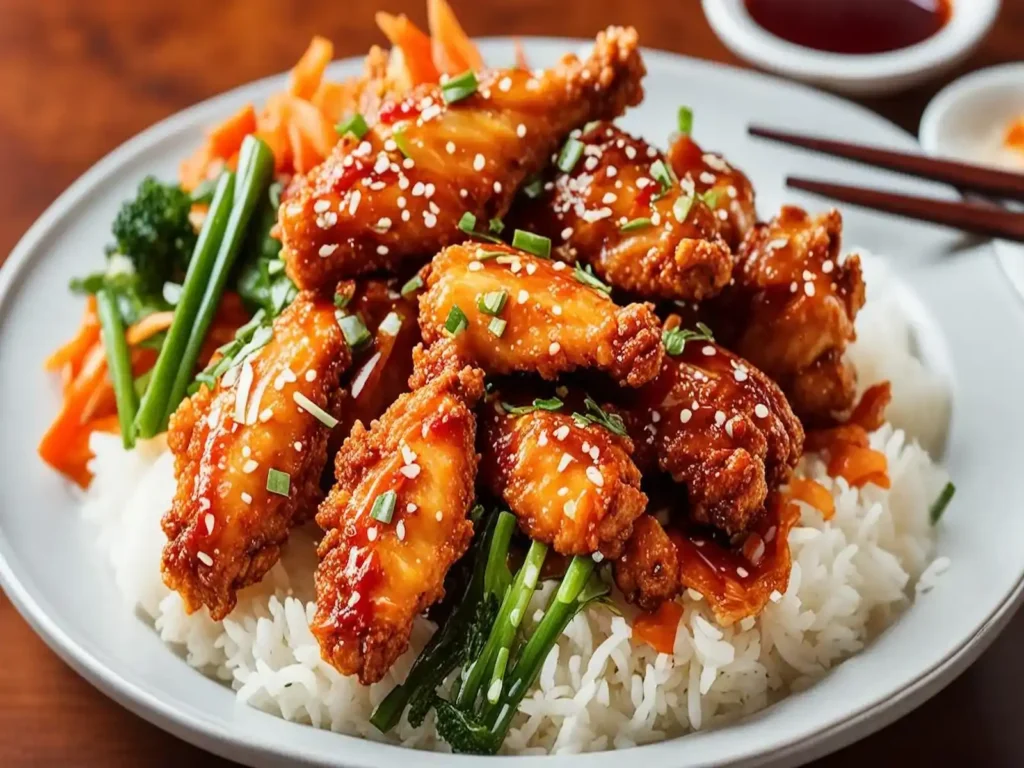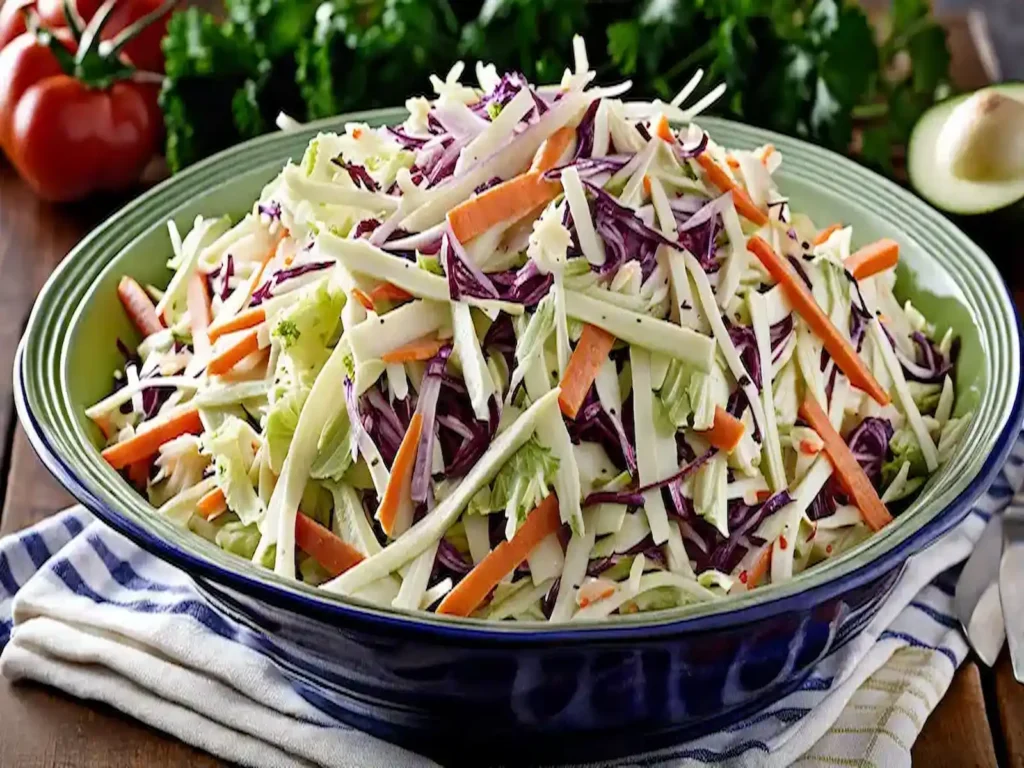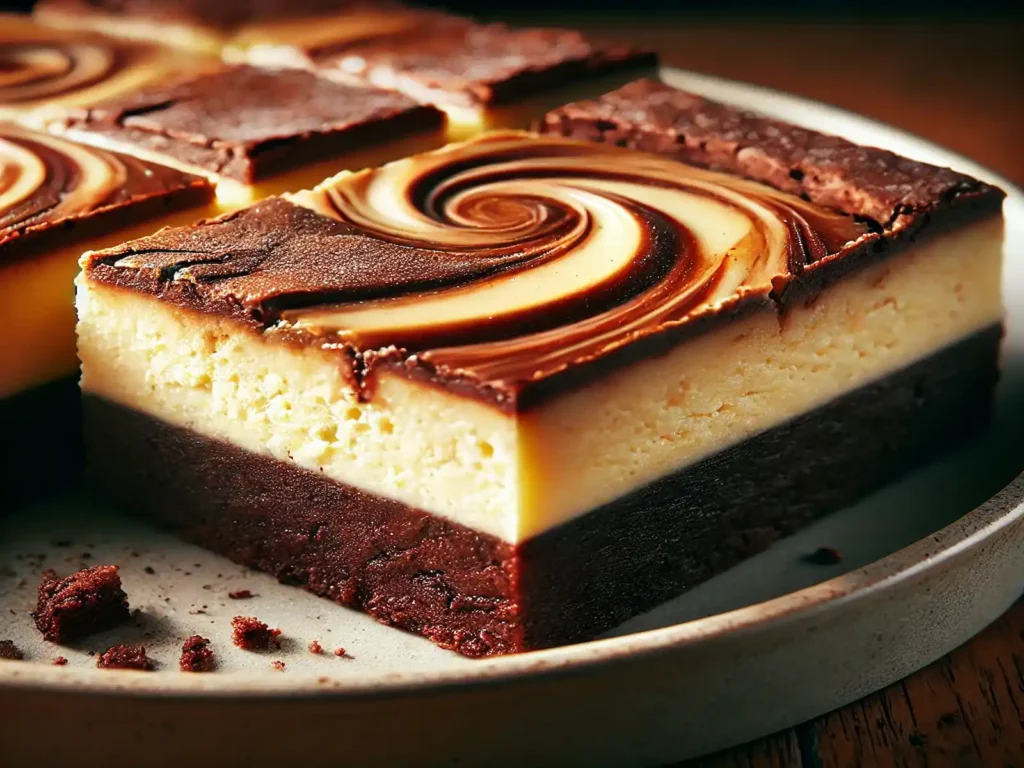Wild turkey, with its lean and robust meat, offers a distinctive culinary experience that is both healthy and delectable. Whether you’re an experienced chef or just starting your cooking journey, wild turkey provides an opportunity to create delicious and impressive meals. Let’s embark on this flavorful journey together and discover the wonders of wild turkey cooking!

Wild Turkey Recipes: A Tasty and Healthy Choice
Why choose wild turkey?
Unlike its domestic counterpart, wild turkey is leaner, denser, and has a more intense flavor. It’s also a healthy choice because it’s high in protein and low in fat. This makes wild turkey a perfect ingredient for a variety of recipes.
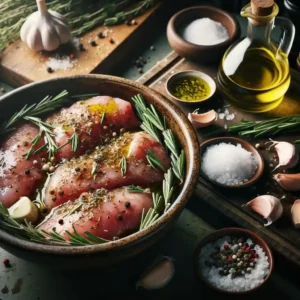
Wild Turkey Roast with Herb Butter
Ingredients
- 1 wild turkey breast (about 2 lbs)
- 4 tbsp unsalted butter, softened
- 2 tsp dried rosemary
- 2 cloves garlic, minced
- 1 lemon, zested and juiced
- Salt and pepper to taste
- 1 cup chicken broth
Instructions
- Preheat the oven to 375°F (190°C).
- In a small bowl, mix the softened butter with thyme, rosemary, garlic, lemon zest, and juice.
- Season the turkey breast with salt and pepper, then rub the herb butter mixture all over it.
- Place the turkey breast in a roasting pan, pour the chicken broth around it, and cover with foil.
- Roast in the preheated oven for about 1 hour. Remove the foil and roast for an additional 30 minutes or until the internal temperature reaches 165°F (74°C).
- Let the turkey rest for 10 minutes before slicing and serving.
Notes
Cooking Tips for Wild Turkey
Cooking wild turkey can be a rewarding experience, but it does require some special considerations to ensure the best results. Here are some essential tips to help you prepare wild turkey that is tender, flavorful, and perfectly cooked:
Marinating is Key
Tenderize with a Marinade: Wild turkey tends to be leaner and denser than domesticated turkey, which means it can benefit greatly from marinating. A good marinade not only enhances the flavor but also helps break down the muscle fibers, resulting in more tender meat. Here’s how to marinate effectively:
- Choose Your Marinade: Use a mixture that includes acidic components like lemon juice, vinegar, or yogurt, combined with oil, herbs, and spices. The acid helps tenderize the meat while the oil and seasonings add flavor.
- Marinate Time: For best results, marinate the turkey for at least 4 hours, or ideally overnight. This gives the marinade ample time to penetrate the meat and infuse it with flavor.
Avoid Overcooking
Prevent Toughness: Wild turkey, being leaner, can dry out and become tough if overcooked. To ensure the meat stays moist and tender, it’s crucial to avoid overcooking. Here are some tips to prevent overcooking:
- Use a Meat Thermometer: Always use a meat thermometer to monitor the internal temperature of the turkey. The turkey is done when it reaches an internal temperature of 165°F (74°C) in the thickest part.
- Cook at the Right Temperature: Whether roasting, grilling, or frying, avoid high heat, which can quickly overcook the meat. Cooking at moderate temperatures allows the turkey to cook evenly and retain moisture.
Let it Rest
Rest for Juiciness: After cooking, allow the turkey to rest for a few minutes before slicing. This is a crucial step to ensure the meat stays juicy. Here’s why resting is important:
- Redistribute Juices: During cooking, the juices within the meat move towards the center. Allowing the turkey to rest helps redistribute these juices throughout the meat, resulting in a more succulent texture.
- Improve Texture: Resting the meat also helps it firm up slightly, making it easier to slice and reducing the loss of juices when you cut into it.
Additional Tips:
- Trim and Clean: Before cooking, ensure you trim any excess fat or sinew from the wild turkey to prevent tough, chewy bites.
- Brine for Extra Moisture: In addition to marinating, you can brine the turkey in a saltwater solution for a few hours to help retain moisture during cooking.
- Experiment with Cooking Methods: Wild turkey can be prepared in various ways, including roasting, grilling, and braising. Experiment with different cooking methods to find the ones that work best for you.
By following these tips, you’ll be able to cook wild turkey that is tender, flavorful, and sure to impress. Whether you’re preparing a special dinner or trying something new, these guidelines will help you achieve delicious results every time.
For information about nutrition and health considerations, we suggest visiting the FDA (Government of the United States) site.
Jump to Recipe

